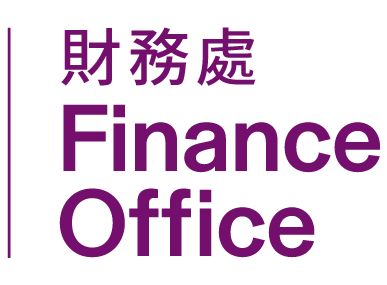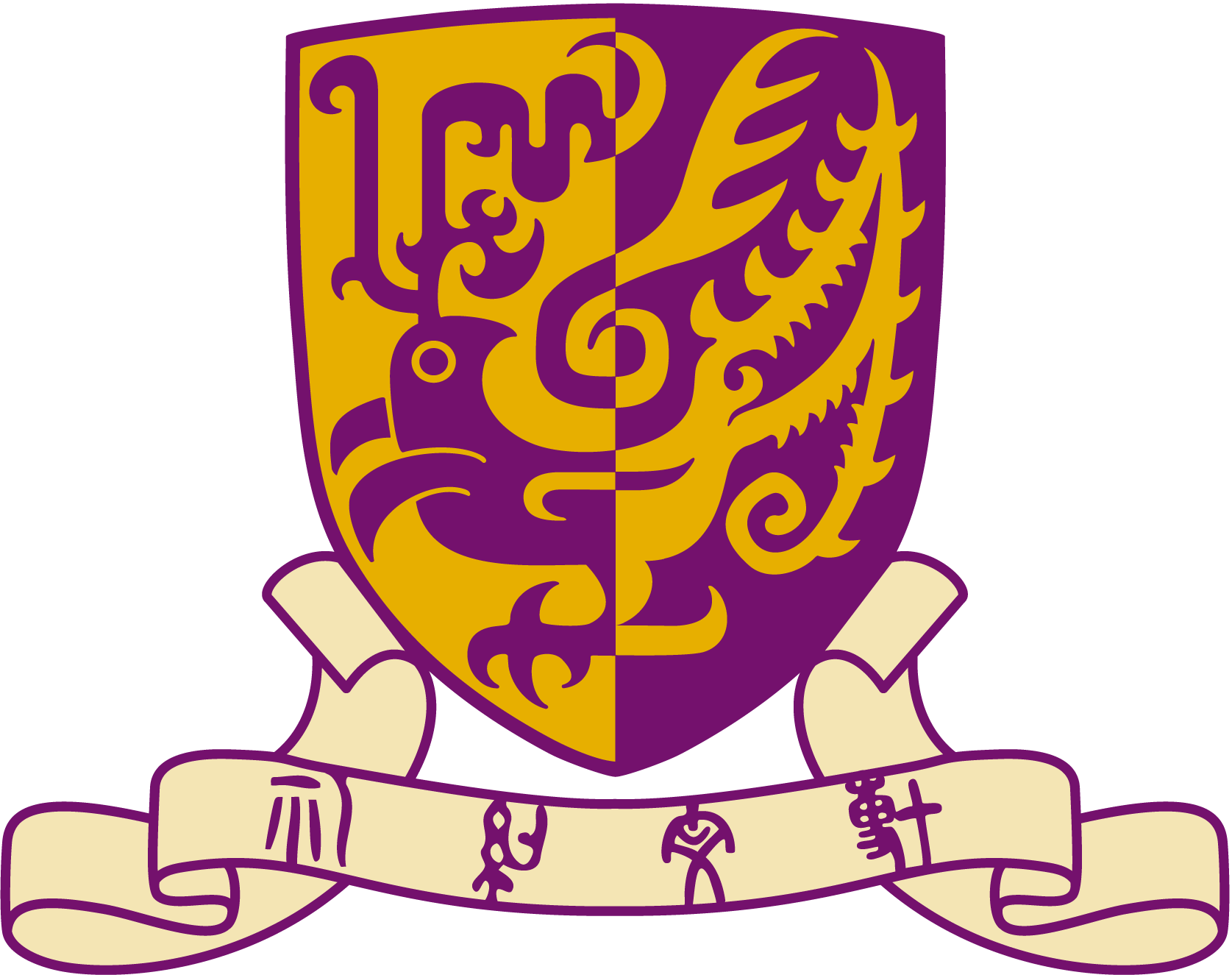Cost Allocation Practices in relation to UGC-funded and Non-UGC-Funded Activities
CUHK as a UGC-funded institution is implementing the fundamental guiding principle of no cross-subsidization of UGC resources to non-UGC-funded activities via the recovery of the relevant portion of the overhead consumed by self-financing activities.
Starting from 2018/19, CUHK is in compliance with the cost allocation practices and methods set out in the Cost Allocation Guidelines (CAGs) for UGC-funded and non-UGC funded Activities and UGC Notes on Procedures, i.e. costs which can be directly attributed to UGC-funded activities or non-UGC-funded activities should be directly charged to the respective votes. For cost items not directly attributable, a cost allocation process has been in place.
CUHK considered that all non-UGC funds are used to support UGC-fundable activities which complement the University’s mission in enhancing teaching, learning and research, and augment its vision to be acknowledged locally, nationally and internationally as a first-class comprehensive research university. The non-UGC funds are used to support the main themes as promulgated in the University’s strategic plan in advancement of scholarship, quality of education, student experience, revised academic structure, and campus development. All these areas are essential elements of fundable activities under the UGC’s ambit. All direct costs of non-UGC-funded activities are fully accounted for by the non-UGC funds.
CUHK has established internal guidelines and devised a straight-forward systematic mechanism on overhead recovery from self-financed programmes and externally-funded research grants and contracts dated back to 1995.
The University offers self-financed programmes not for making profit, but rather for fulfilling our obligations to demands for learning opportunities at sub-degree and postgraduate levels, as well as lifelong programmes that complement the UGC-funded academic activities and meet the community and societal needs. CUHK closely monitors that all direct and indirect costs are borne by self-financed programmes. A comprehensive Operation Manual for Self-financed Programmes has been drawn up which covers the governance, financial responsibility and financial controls for such programmes. The central recovery rates of overhead, ranging from 18% to 36%, have been set for self-financed programmes, taking into account mainly the types of facilities and services that are eligible for use by students of self-financed programmes.
Overheads are levied on externally-funded research activities in order to meet the indirect costs so incurred. Taking into consideration the difficulties encountered in requesting overhead coverage from funding agencies and that HUCOM had agreed that overhead charges should not be less than 15%, the University has adopted a set of charging rates, ranging from 15% to 25%, with regard to the nature of externally-funded research grants and the location that the research activities would take place. However, if cases satisfy one of the criteria: (a) In line with core research strength and development of the University; (b) A new area of research development which is worth exploring; (c) Contributory to accomplishing the academic and societal mission of the University; or (d) Facilitate knowledge transfer to local community, the Chairperson of the Research Committee is authorized to approve reduction/waiver of the indirect costs for research and knowledge grants, while approval from the Administration and Planning Committee should be sought for reduction/waiver of overhead costs for research contract, consultancies or other services.



